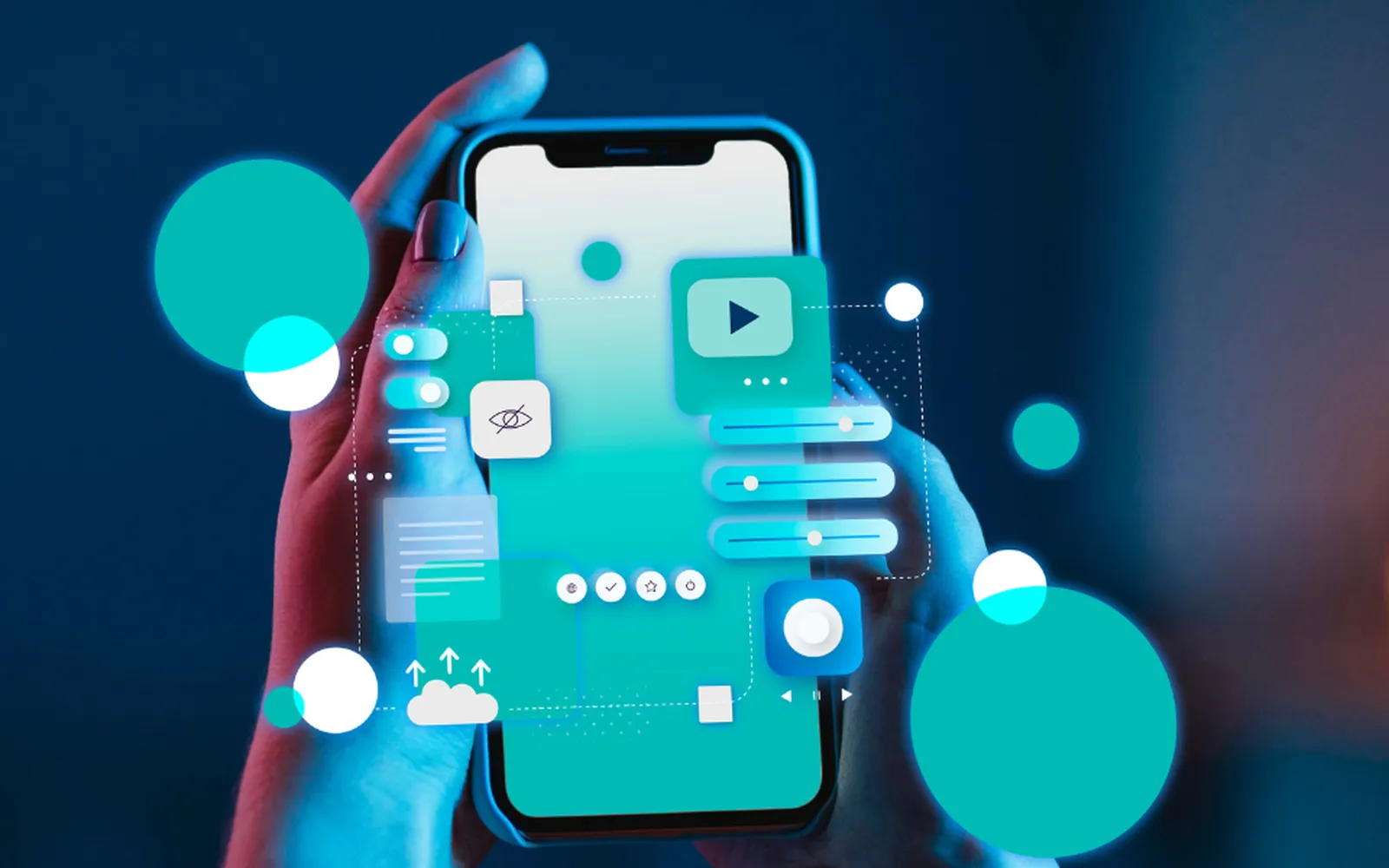Future of Mobile Technology: Top Cellphone Trends and Innovations to Watch in 2025
As we look ahead to 2025, the landscape of mobile technology promises to be transformed by groundbreaking innovations and trends that will redefine how we interact with our devices. From the rise of 6G connectivity, enabling lightning-fast data speeds and seamless experiences, to advancements in foldable and flexible screens that enhance portability, the future of cellphones is set to be more dynamic than ever. Additionally, the integration of artificial intelligence and augmented reality will create immersive user experiences, while a growing emphasis on sustainability will drive the development of eco-friendly materials and energy-efficient designs.
Introduction
The landscape of mobile technology is constantly evolving, with innovations emerging at a rapid pace. As we look ahead to 2025, several trends and advancements are poised to redefine how we interact with our mobile devices. From enhanced connectivity to groundbreaking hardware improvements, the future of mobile technology promises to deliver experiences that are more immersive, efficient, and integrated into our daily lives.
1. 5G and Beyond: The Connectivity Revolution
5G technology has already begun reshaping the mobile landscape, offering significantly faster data speeds and lower latency. By 2025, we can expect 5G networks to become ubiquitous, enabling a wide array of applications beyond just mobile internet. Enhanced connectivity will facilitate the growth of the Internet of Things (IoT), allowing for smarter homes, cities, and industries. Furthermore, research into 6G technology is already underway, promising even faster speeds and more innovative applications in the years to come.
2. Foldable and Rollable Displays
Foldable smartphones have made headlines in recent years, and by 2025, we can expect this trend to mature significantly. Manufacturers are investing heavily in foldable and rollable display technologies, leading to devices that can adapt to various use cases. Imagine a smartphone that can transform into a tablet for productivity or a compact device for easy portability. This innovation will not only enhance user experience but also open new avenues for design and functionality.
3. Artificial Intelligence Integration
Artificial intelligence (AI) is set to play a pivotal role in the future of mobile technology. By 2025, we can expect AI to be integrated into smartphones in more profound ways than ever. From advanced personal assistants that understand context and preferences to intelligent camera systems that optimize photography based on the environment, AI will enhance user experience. Additionally, AI-driven security features will provide robust protection against threats, ensuring that user data remains secure.
4. Enhanced Augmented Reality Experiences
Augmented reality (AR) has already begun to permeate mobile applications, but by 2025, we can anticipate a significant leap in AR capabilities. With advancements in hardware and software, mobile devices will be able to provide immersive AR experiences that seamlessly blend the digital and physical worlds. Applications in gaming, education, and retail will revolutionize how consumers interact with products and services, creating engaging experiences that were previously unimaginable.
5. Sustainable Mobile Technology
As environmental concerns continue to rise, the mobile industry is also pivoting towards sustainability. By 2025, we can expect a greater emphasis on eco-friendly materials, energy-efficient production processes, and recycling initiatives. Manufacturers will likely focus on creating devices that are easier to repair, upgrade, and recycle, reducing electronic waste. Additionally, consumers will increasingly demand sustainable practices, influencing companies to adopt greener approaches.
6. Advanced Biometric Security
As mobile devices become central to our lives, security remains a top priority. By 2025, we can expect advancements in biometric security features that go beyond fingerprint scanners and facial recognition. Innovations such as vein recognition, voice authentication, and even heart rate monitoring could provide users with enhanced security options. These advanced methods will make unauthorized access increasingly difficult, ensuring that sensitive information remains protected.
7. Health and Wellness Monitoring
The integration of health and wellness features in smartphones will continue to grow by 2025. With the rise of health-conscious consumers, mobile devices will be equipped with more advanced sensors and applications for monitoring various health metrics. From tracking physical activity and sleep patterns to monitoring vital signs, smartphones will serve as personal health assistants. This trend will not only empower users to take charge of their health but also facilitate remote healthcare services.
8. Improved Battery Technology
Battery life has always been a concern for smartphone users. As we move into 2025, we can expect significant advancements in battery technology. Innovations such as solid-state batteries and faster charging technologies will address these concerns, allowing for longer-lasting power in slimmer devices. Additionally, energy-efficient software algorithms will help optimize power consumption, ensuring that users can rely on their devices throughout the day without constantly searching for a charger.
9. Seamless Multi-Device Ecosystems
As the number of connected devices in our lives increases, the demand for seamless integration between these devices will grow. By 2025, we can anticipate a more cohesive ecosystem where smartphones, tablets, wearables, and smart home devices work together effortlessly. Users will be able to transition between devices without interruption, enhancing productivity and convenience. This interconnectedness will redefine how we use technology in our daily lives.
10. The Rise of Cloud Gaming
Cloud gaming is set to become a game-changer in the mobile entertainment landscape by 2025. With 5G and improved network infrastructure, users will be able to stream high-quality games directly to their smartphones without the need for powerful hardware. This shift will democratize gaming, allowing users to access AAA titles on the go, regardless of their device's specifications. The integration of cloud gaming into mobile platforms will also foster new social gaming experiences and communities.
11. Personalization through Machine Learning
As AI and machine learning continue to advance, smartphones will become increasingly personalized. By 2025, we can expect devices to learn from user behavior and preferences, tailoring experiences to individual needs. This level of personalization could extend to everything from app recommendations and content curation to user interfaces that adapt based on usage patterns. Such innovations will create a more intuitive and engaging experience for users, making technology feel more human-centric.
12. The Role of Cryptocurrency in Mobile Payments
As more consumers become comfortable with digital currencies, mobile payment systems are expected to evolve significantly by 2025. Cryptocurrency integration into mobile wallets will allow users to make secure and instantaneous transactions using various digital currencies. This evolution will not only enhance the convenience of mobile payments but also expand the scope of financial services available through smartphones, catering to a more diverse audience.
13. Evolving User Interfaces
User interfaces (UIs) will continue to evolve, becoming more intuitive and user-friendly by 2025. Voice commands, gesture controls, and haptic feedback will play a larger role in how users interact with their devices. This shift towards more natural forms of interaction will make technology more accessible to a broader audience, including those who may struggle with traditional navigation methods. Additionally, adaptive UIs that change based on context or user preferences will enhance the overall experience.
14. Gaming and Entertainment Innovations
Mobile gaming and entertainment will continue to thrive as technology advances. By 2025, we can expect even more sophisticated gaming experiences, with realistic graphics and immersive gameplay made possible by enhanced processing power and cloud technology. Mobile devices will likely support augmented reality gaming, allowing users to interact with their environments in new and exciting ways. Furthermore, the rise of interactive storytelling and gamified experiences in various applications will redefine entertainment on mobile platforms.
15. Conclusion
As we approach 2025, the future of mobile technology is bright, with numerous trends and innovations on the horizon. From enhanced connectivity and advanced hardware to improved user experiences and sustainability, these developments will fundamentally change how we interact with our devices. Embracing these trends will not only enhance our daily lives but also shape the future of technology as a whole. The next few years will undoubtedly be an exciting time for mobile technology, and staying informed about these trends will be essential for consumers and industry players alike.
Explore

How to Start Developing Your Own Mobile App

The Future of Crossover SUVs: Trends and Innovations for 2025

Humana Health 2025: Innovations and Trends Shaping the Future of Healthcare

Top Cloud Computing Solutions to Transform Your Business by 2025: Trends, Benefits, and Innovations

Top Mutual Fund Trends to Watch in 2025: Maximize Your Investment Potential

The Future of Plumbing: Innovations to Expect from Plumbers Near Me in 2025

Mobile Investment Apps Changing the Game in 2025

Top 10 Pickup Trucks of 2025: Performance, Technology, and Innovation Unleashed
